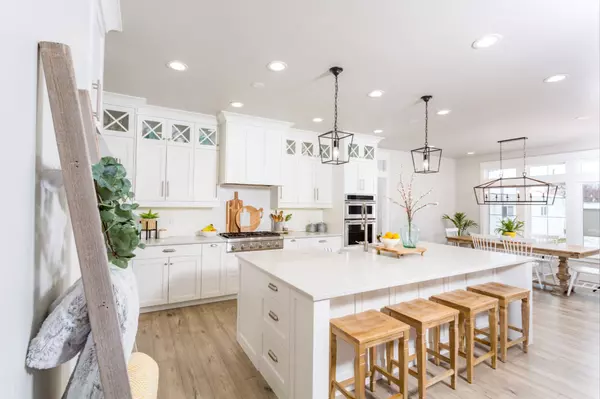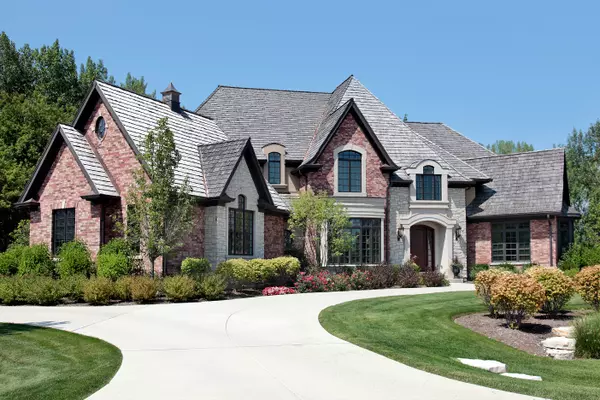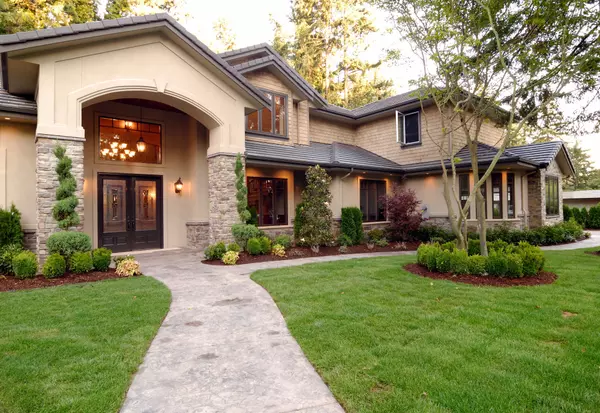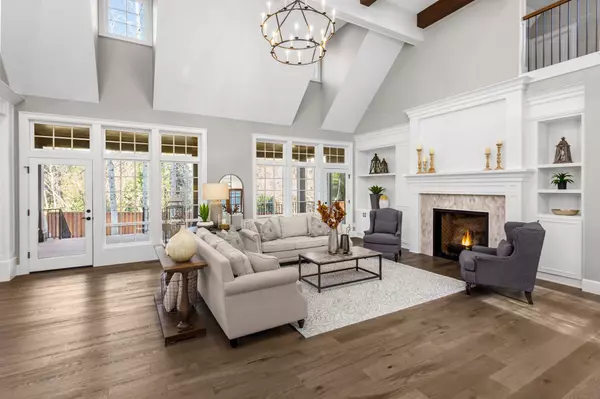
What to Check on Your Final Walk-Through
What to Check on Your Final Walk-Through The final walk-through on your new home is an exciting event. It means you have successfully maneuvered through negotiations, inspections, and financing approval, and are on the verge of signing your closing papers. Most buyers attend the final walk-through with thoughts of furniture placement and paint colors in their heads. But the walk-through is about more than just making sure your favorite chair will fit by the fireplace. Be sure to do your due diligence to make sure there are no issues that should be resolved before you reach the closing table. The purpose of the final walk-through is to ascertain that the home is being conveyed to you in the same condition it was when you agreed to purchase it. Here are a few of the things you should check: 1) Make sure no damage has occurred to the home that the sellers are responsible for repairing. Weather conditions or careless movers can cause accidental damage, and old and forgotten damage may be uncovered when the sellers’ belongings are removed. 2) Check that appliances are still in working order and no new plumbing or electrical issues have popped up. While you aren’t doing a complete home inspection, you can visually check for obvious problems that should be repaired before you move in. 3) Confirm that items contractually conveying are present. If the sellers agreed to leave particular furniture, décor, or equipment, see that it has not been removed. 4) Make certain the sellers have removed all their belongings. You don’t want to arrive with the moving truck only to find out that the sellers left behind an assortment of unwanted furniture or trash. The sellers should be held responsible for removing everything that doesn’t convey with the sale.

Home Renovations Q&A
Renovating Your Home? Check Our FAQ’s! 1. How do I pick a contractor? Ideally, you want to build the same kind of relationship with your contractor as you do with your real estate agent: one built on trust that makes you want to go back to that person for any future needs. Your contractor should be a very good listener and communicator. You want them to “get” your vision for your home, and to keep you in the loop every step of the way. Do your due diligence by checking out contractors’ reputations, talking with other clients, and looking at work they have done previously before you make your selection. How much will my project cost? Of course, the answer depends upon the scope of your project, but in order to get the best estimate from your contractor, take time to write down each detail of your plan so that the contractor can include everything in their estimate. Renovations are famous for taking longer and costing more than originally planned, but this is often because the homeowner makes additions or changes along the way, or they don’t realize that, for example, if you move a wall in your home, you may have to then reroute electricity and outlets. One item often leads to another, so you have to look at everything piece by piece. How long will renovations take to complete? As we said above, this depends on the amount of work being done– and how many changes are made along the way. The more pre-planning you do, the better estimate your contractor can give you. How do I prioritize projects? If you are living in your home during renovations, you may want to plan out the project in phases, so you can live out of some rooms while others are being worked in. You may also need to phase projects based on cost and availability of funds. Where do I begin? You begin by conducting a lot of research. Start a look book for your home, either in a notebook or online, collecting pictures of the look and finishes you want. Talk to different contractors, and visit kitchen, bathroom, appliance, and flooring showrooms to get ideas on selections and pricing. Do I need permits? Your contractor will know what projects require permitting. Make sure that you do abide by permitting regulations, as failure to secure proper permits can come back to bite you if further work is needed down the road. How much will renovations increase my home value? Every homeowner hopes that making improvements will increase their home’s value, and this is usually the case, but sometimes what homeowners view as improvement can turn out to be liabilities to future buyers. For example, don’t put so much money into the house that it becomes more expensive than the rest of the neighborhood. And be careful not to add personal style preferences that can’t be easily changed, like ornamental fixtures, radical architecture, or unusual landscape features. How should I pay for renovations? If you have the cash to pay for your renovations, that’s certainly a good way to go. Otherwise, you might consider a home equity loan with a manageable monthly payment or a revolving line of credit that you can use for renovations as well as emergencies that may arise later.

Pros and Cons of Selling during the Holidays
Pros and Cons of Selling During the Holidays If you are thinking about listing your home this fall, you might be concerned about showing it, and possibly having to move, over the holiday season. The holidays are already a busy time of year for most families, so you would be right to wonder if you are making a good decision by marketing your home between Thanksgiving and New Year’s Day. Some sellers even take their homes off the market temporarily during the holiday season, but, before you make that choice, consider all the pros and cons to selling during this festive time of year. Pros: 1. Buyers are serious. Buyers looking for a home during the holiday season are usually serious about getting under contract, or else they’d put it off. Often, they are starting a new job at the beginning of the year, or they want to get their children registered in school by the end of the holiday break, or maybe they want the tax break in the current year. Regardless of their reasons, if they are out looking in November or December, they are serious buyers. 2. There are not as many homes on the market. As a seller, you benefit from having fewer homes on the market to compete with. Less inventory combined with serious buyers means sellers get higher offers. 3. You can take advantage of holiday season curb appeal. While it’s recommended that you not over-decorate while showing your home, you can take advantage of the warm and festive vibes that holiday decorations add. Some white twinkle lights, a wreath on the door, and poinsettias lining your porch can add just the right cozy and inviting feel to win over buyers. 4. Cooler weather may invigorate buyers. The only thing worse than house hunting in the dead of summer is moving and unpacking in the dead of summer. On the other hand, the cooler temperatures of the holiday season may fuel buyers' desire to get out on the hunt. 5. You can use a holiday theme to ramp up an open house. Instead of offering the same old plate of cookies and bottled water, let your prospective buyers feel the warmth of your home with a cup of hot chocolate and warm gingerbread in front of the fireplace, or let them wander through your rooms listening to holiday music and enjoying the scent of pine or cinnamon candles. Cons: 1. You won’t have as many lookers. We noted that buyers shopping during the holidays are serious ones, but there will definitely be fewer buyers looking than later in the New Year. 2. Showing your home may be more inconvenient. Again, it’s a busy time of year for most families, so do consider the inconvenience of having showings while you are preparing for the holidays or enjoying time off from school or work. 3. Business closings may slow down transactions. Many businesses have shortened hours or holiday closings, which means you or your buyers might have delays with such things as scheduling inspections and appraisals, clearing title or escrow payments, or getting repairs completed.
Categories
Recent Posts










